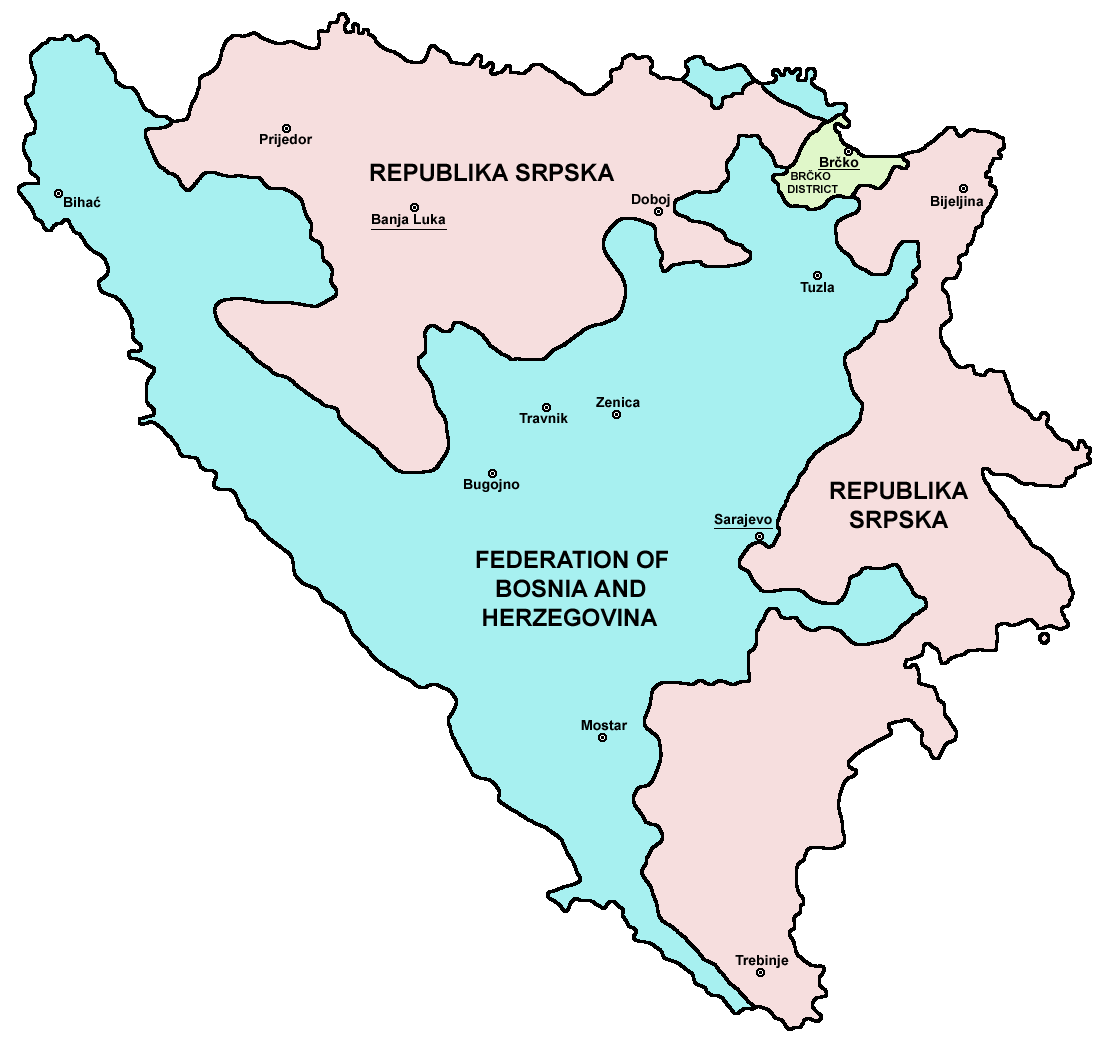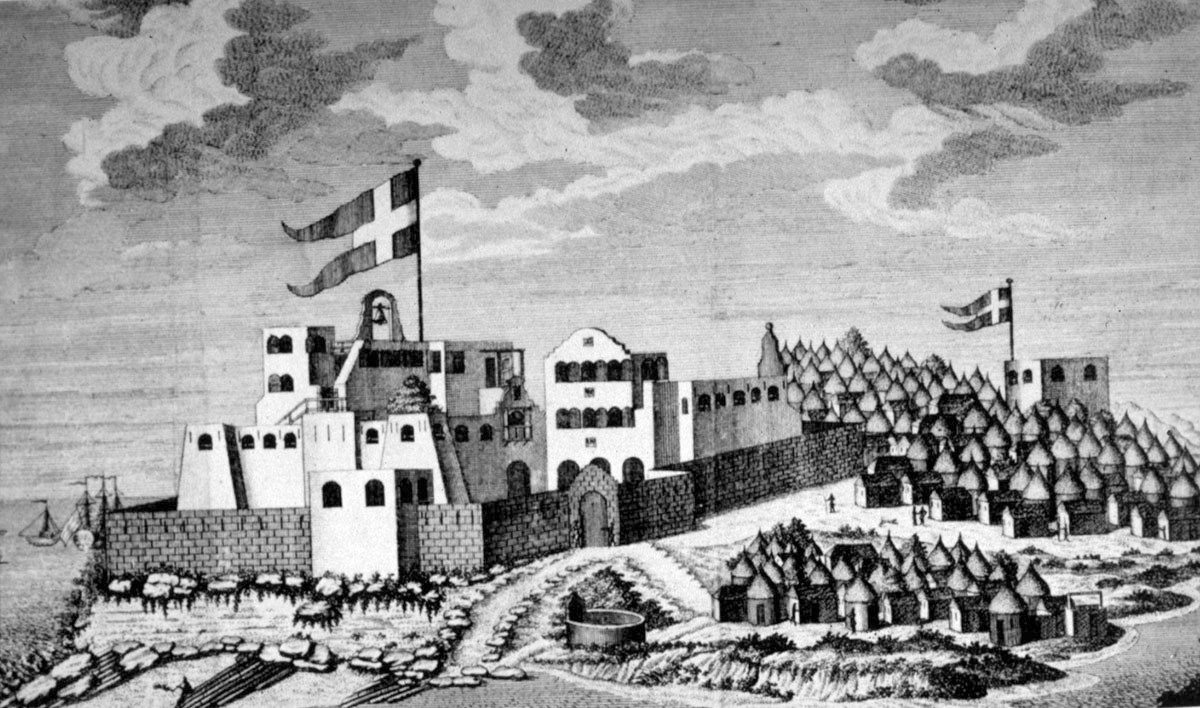|
Gold Coast (Africa)
The Gold Coast was the name for a region on the Gulf of Guinea in West Africa that was rich in gold, petroleum, sweet crude oil and natural gas. This former region is now known as the country Ghana. Etymology and position The Gold Coast, Slave Coast, Pepper Coast (or Grain Coast) and Ivory Coast were named after the main export resources found there, respectively. Early uses of the term ''Gold Coast'' refer strictly to the coast and not the interior. It was not until the 19th century that the term came to refer to areas that are far from the coast. The Gold Coast was to the east of the Ivory Coast and to the west of the Slave Coast. Territorial entities Gold Coast region territorial entities were: * Portuguese Gold Coast (Portuguese, 1482–1642) * Dutch Gold Coast (Dutch, 1598–1872) * Swedish Gold Coast (Swedes, 1650–1658; 1660–1663) * Couronian Gold Coast (Duchy of Courland and Semigallia, 1651–1661) * Danish Gold Coast ( Denmark-Norway, 1658–1850) * Brande ... [...More Info...] [...Related Items...] OR: [Wikipedia] [Google] [Baidu] |
Multinational State
A multinational state or a multinational political union, union is a sovereign entity that comprises two or more nations or State (polity), states. This contrasts with a nation state, where a single nation accounts for the bulk of the population. Depending on the definition of "nation" (which touches on Ethnic group, ethnicity, language, and political identity), a multinational state is usually Multiculturalism, multicultural or Multilingualism, multilingual, and is geographically composed of more than one country, eg Countries of the United Kingdom. Historical multinational states that have since split into multiple sovereign states include the Ottoman Empire, British Raj, British India, Czechoslovakia, the Soviet Union, Yugoslavia and Austria-Hungary (a dual monarchy of two multinational states). Some analysts have described the European Union as a multinational state or a potential one.Kelemen, R. Daniel. (2007). In ''Making History: State of the European Union'', Vol. 8, edite ... [...More Info...] [...Related Items...] OR: [Wikipedia] [Google] [Baidu] |
Portuguese People
The Portuguese people () are a Romance nation and ethnic group indigenous to Portugal who share a common culture, ancestry and language. The Portuguese people's heritage largely derives from the pre-Celts, Proto-Celts (Lusitanians, Conii) and Celts (Gallaecians, Turduli and Celtici), who were Romanized after the conquest of the region by the ancient Romans. A small number of male lineages descend from Germanic tribes who arrived after the Roman period as ruling elites, including the Suebi, Buri, Hasdingi Vandals, Visigoths with the highest incidence occurring in northern and central Portugal. The pastoral Caucasus' Alans left small traces in a few central-southern areas. Finally, the Umayyad conquest of Iberia also left Jewish, Moorish and Saqaliba genetic contributions, particularly in the south of the country. The Roman Republic conquered the Iberian Peninsula during the 2nd and 1st centuries B.C. from the extensive maritime empire of Carthage during the series o ... [...More Info...] [...Related Items...] OR: [Wikipedia] [Google] [Baidu] |
English People
The English people are an ethnic group and nation native to England, who speak the English language in England, English language, a West Germanic languages, West Germanic language, and share a common history and culture. The English identity is of History of Anglo-Saxon England, Anglo-Saxon origin, when they were known in Old English as the ('race or tribe of the Angles'). Their ethnonym is derived from the Angles, one of the Germanic peoples who migrated to Great Britain around the 5th century AD. The English largely descend from two main historical population groups the West Germanic tribes (the Angles, Saxons, Jutes and Frisians) who settled in southern Britain following the withdrawal of the Ancient Rome, Romans, and the Romano-British culture, partially Romanised Celtic Britons already living there.Martiniano, R., Caffell, A., Holst, M. et al. Genomic signals of migration and continuity in Britain before the Anglo-Saxons. Nat Commun 7, 10326 (2016). https://doi.org/10 ... [...More Info...] [...Related Items...] OR: [Wikipedia] [Google] [Baidu] |
British Gold Coast
The Gold Coast was a British Crown colony on the Gulf of Guinea in West Africa from 1821 until its independence in 1957 as Ghana. The term Gold Coast is also often used to describe all of the four separate jurisdictions that were under the administration of the Governor of the Gold Coast. These were the Gold Coast itself, Ashanti, the Northern Territories Protectorate and the British Togoland trust territory. The first European explorers To arrive at the coast were the Portuguese in 1471. They encountered a variety of African kingdoms, some of which controlled substantial deposits of gold in the soil. In 1483, the Portuguese came to the continent for increased trade. They built the Castle of Elmina, the first European settlement on the Gold Coast. From here they acquired slaves and gold in trade for European goods, such as metal knives, beads, mirrors, rum, and guns. News of the successful trading spread quickly, and British, Dutch, Danish, Prussian and Swedish traders arr ... [...More Info...] [...Related Items...] OR: [Wikipedia] [Google] [Baidu] |
Germans
, native_name_lang = de , region1 = , pop1 = 72,650,269 , region2 = , pop2 = 534,000 , region3 = , pop3 = 157,000 3,322,405 , region4 = , pop4 = 21,000 3,000,000 , region5 = , pop5 = 125,000 982,226 , region6 = , pop6 = 900,000 , region7 = , pop7 = 142,000 840,000 , region8 = , pop8 = 9,000 500,000 , region9 = , pop9 = 357,000 , region10 = , pop10 = 310,000 , region11 = , pop11 = 36,000 250,000 , region12 = , pop12 = 25,000 200,000 , region13 = , pop13 = 233,000 , region14 = , pop14 = 211,000 , region15 = , pop15 = 203,000 , region16 = , pop16 = 201,000 , region17 = , pop17 = 101,000 148,00 ... [...More Info...] [...Related Items...] OR: [Wikipedia] [Google] [Baidu] |
Prussian Gold Coast
The Brandenburger Gold Coast, later Prussian Gold Coast, was a part of the Gold Coast. The Brandenburg colony existed from 1682 to 1721, when King Frederick William I of Prussia sold it for 7200 ducats to the Dutch Republic. Brandenburger Gold Coast In May 1682 the German colonization of Africa began when the newly founded Brandenburg African Company (German: ''Brandenburgisch-Afrikanische Compagnie'' ( de), which had been granted a charter by Frederick William, Elector of Brandenburg (core of the later Prussian kingdom), established a small West African colony consisting of two Gold Coast settlements on the Gulf of Guinea, around Cape Three Points in present Ghana: * Groß Friedrichsburg, also called Hollandia,Accada and Hollandia: p.252. New Cambridge Modern History Atlas, H.C. Darby and Harold Fullard now Pokesu: (1682–1717), which became the capital * Fort Dorothea, also called Accada, now Akwida: (April 1684–1687, 1698–1711, April 1712–1717), which in 1687–169 ... [...More Info...] [...Related Items...] OR: [Wikipedia] [Google] [Baidu] |
Brandenburger Gold Coast
The Brandenburger Gold Coast, later Prussian Gold Coast, was a part of the Gold Coast. The Brandenburg colony existed from 1682 to 1721, when King Frederick William I of Prussia sold it for 7200 ducats to the Dutch Republic. Brandenburger Gold Coast In May 1682 the German colonization of Africa began when the newly founded Brandenburg African Company (German: ''Brandenburgisch-Afrikanische Compagnie'' ( de), which had been granted a charter by Frederick William, Elector of Brandenburg (core of the later Prussian kingdom), established a small West African colony consisting of two Gold Coast settlements on the Gulf of Guinea, around Cape Three Points in present Ghana: * Groß Friedrichsburg, also called Hollandia,Accada and Hollandia: p.252. New Cambridge Modern History Atlas, H.C. Darby and Harold Fullard now Pokesu: (1682–1717), which became the capital * Fort Dorothea, also called Accada, now Akwida: (April 1684–1687, 1698–1711, April 1712–1717), which in 1687–169 ... [...More Info...] [...Related Items...] OR: [Wikipedia] [Google] [Baidu] |
Danish Gold Coast
The Danish Gold Coast ( da, Danske Guldkyst or ''Dansk Guinea'') comprised the colonies that Denmark–Norway controlled in Africa as a part of the Gold Coast (roughly present-day southeast Ghana), which is on the Gulf of Guinea. It was colonized by the Dano-Norwegian fleet, first under indirect rule by the Danish West India Company (a chartered company), later as a crown colony of the kingdom of Denmark-Norway. The five Danish Gold Coast Territorial Settlements and forts of the Kingdom of Denmark were sold to the United Kingdom and were incorporated into the British Gold Coast in 1850. The area under Danish influence was over 10,000 square kilometres. History On April 20, 1663, the Danish seizure of Fort Christiansborg and Carlsborg completed the annexation of the Swedish Gold Coast settlements. From 1674 to 1755 the settlements were administered by the Danish West India-Guinea Company. From December 1680 to 29 August 1682, the Portuguese occupied Fort Christiansborg. In 1750 ... [...More Info...] [...Related Items...] OR: [Wikipedia] [Google] [Baidu] |
Duchy Of Courland And Semigallia
The Duchy of Courland and Semigallia ( la, Ducatus Curlandiæ et Semigalliæ; german: Herzogtum Kurland und Semgallen; lv, Kurzemes un Zemgales hercogiste; lt, Kuršo ir Žiemgalos kunigaikštystė; pl, Księstwo Kurlandii i Semigalii) was a duchy in the Baltic region, then known as Livonia, that existed from 1561 to 1569 as a nominally vassal state of the Grand Duchy of Lithuania and subsequently made part of the Crown of the Polish Kingdom from 1569 to 1726 and incorporated into the Polish–Lithuanian Commonwealth in 1726. On March 28, 1795, it was annexed by the Russian Empire in the Third Partition of Poland. There was also a short-lived wartime state existing from March 8 to September 22, 1918, with the same name. Plans for it to become part of the United Baltic Duchy, subject to the German Empire, were thwarted by Germany's surrender of the Baltic region at the end of the First World War. The area became a part of Latvia at the end of World War I. History In 1561 ... [...More Info...] [...Related Items...] OR: [Wikipedia] [Google] [Baidu] |
Couronian Colonization
Curonian colonisation refers to the colonisation efforts of the Duchy of Courland and Semigallia (today part of Latvia). Small, but wealthy, the Duchy took a modest part in the European colonization settlement attempts of West Africa and the Caribbean. Jacob Kettler spoke Latvian, created an independent state and growth army and fleet with powerful ships manufactured of Latvian pine trees from Smiltene city. History Like Brandenburg, which had far larger German colonising power before the formation of the German Empire, Courland had a European crusading past. The colonies were established under Jakob, Duke of Courland and Semigallia, and were one of the two Latvian colonies. Second colony was Gambia River in Africa. During his reign (1642–1682), the Duchy established trading relations with all of the major European powers. Jakob established one of the largest merchant fleets in Europe, with its main harbours in Windau (today Ventspils), and Libau (today Liepāja). H ... [...More Info...] [...Related Items...] OR: [Wikipedia] [Google] [Baidu] |
Swedes
Swedes ( sv, svenskar) are a North Germanic ethnic group native to the Nordic region, primarily their nation state of Sweden, who share a common ancestry, culture, history and language. They mostly inhabit Sweden and the other Nordic countries, in particular Finland where they are an officially recognized minority, with a substantial diaspora in other countries, especially the United States. Etymology The English term "Swede" has been attested in English since the late 16th century and is of Middle Dutch or Middle Low German origin. In Swedish, the term is ''svensk'', which is from the name of '' svear'' (or Swedes), the people who inhabited Svealand in eastern central Sweden, and were listed as ''Suiones'' in Tacitus' history '' Germania'' from the first century AD. The term is believed to have been derived from the Proto-Indo-European reflexive pronominal root, , as the Latin ''suus''. The word must have meant "one's own (tribesmen)". The same root and original mean ... [...More Info...] [...Related Items...] OR: [Wikipedia] [Google] [Baidu] |





